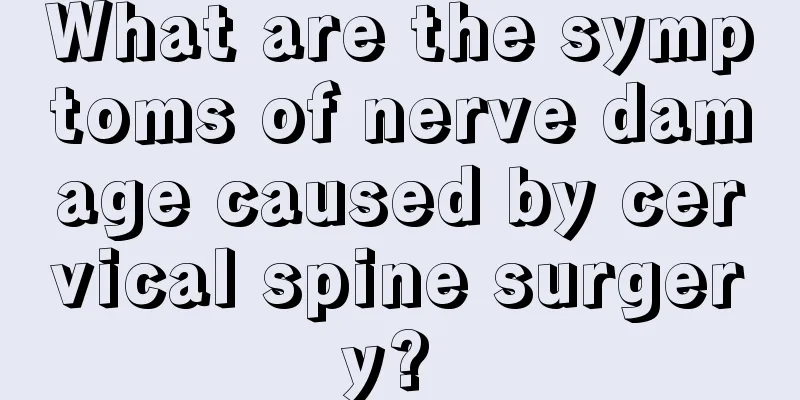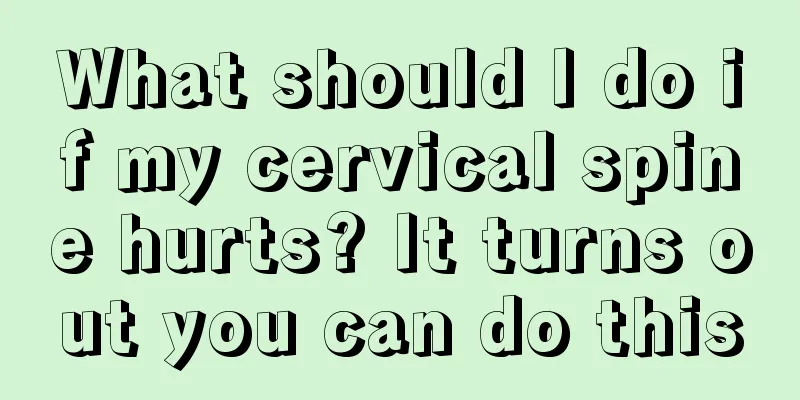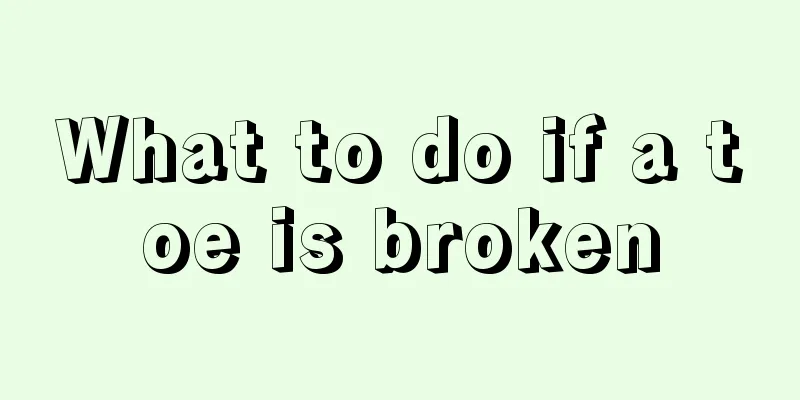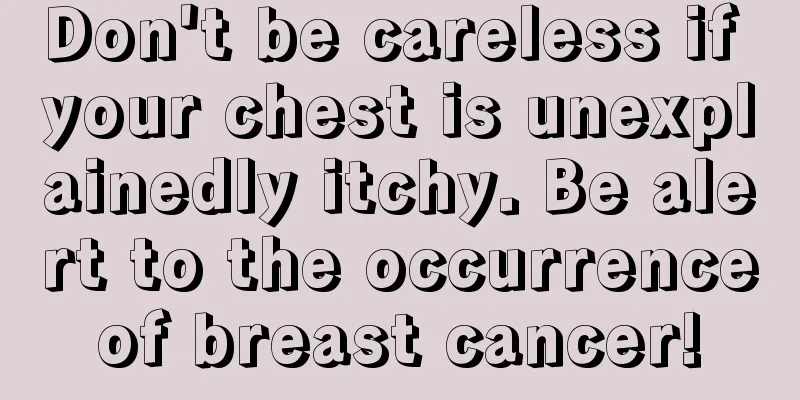What are the symptoms of nerve damage caused by cervical spine surgery?

|
The nerves in the cervical spine are relatively complex. If the cervical spine nerves are damaged, the impact on the body is quite wide, such as common symptoms such as choking, hoarseness, difficulty in pronunciation, etc. There are actually different types of nerve damage caused by cervical spine surgery, such as nerve traction and nerve severance, etc. These injuries will have a very direct and obvious impact on patients. In the case of cervical nerve injury, patients should undergo relevant follow-up examinations and treatments in a timely manner, and should also follow the doctor's instructions in terms of care, eat as light a diet as possible, and get more rest. Causes of nerve damage after cervical spine surgery Generally speaking, there is a hyperextension between the anesthesia position and the patient's surgical position during surgery, which will cause a hyperextension injury to the cervical spine before the operation begins. In addition, the displacement of the bone graft or the process of inserting the bone graft may cause damage to the spinal cord and spinal nerves; during the decompression process, the surgeon's uneven decompression may cause damage to the spinal nerve roots, especially in the junction area between decompression and non-decompression, which may cause some nerve damage. Types of nerve damage caused by cervical spine surgery The nerves that are damaged during cervical spine surgery are mainly peripheral nerves, among which recurrent laryngeal nerve and superior laryngeal nerve damage are the most common complications of anterior cervical spine surgery. There are two types of recurrent laryngeal nerve injuries: nerve traction and nerve transection, which mainly cause vocal cord paralysis, pronunciation and swallowing difficulties, and a feeling of shortness of breath. In addition to the above two types of nerve injuries, peripheral nerve injuries such as cervical sympathetic nerve trunk/ganglion injury, hypoglossal nerve injury, and donor area cutaneous nerve injury may also occur during cervical spine surgery. Symptoms of nerve injury caused by cervical spine surgery Superior laryngeal nerve injury may sometimes occur during anterior cervical spine surgery, which manifests as choking and coughing when drinking water or eating liquid food after the operation. The recurrent laryngeal nerve is prone to injury in the lower cervical spine, and breathlessness and hoarseness may be found during or after surgery. This complication is generally caused by traction injury and can usually be recovered 2 weeks after surgery. If you experience choking, difficulty swallowing, hoarseness, or difficulty pronouncing something after the operation, don't be anxious or afraid, because these functions are controlled by bilateral nerves. The nerve function on the other side is normal. Moreover, this type of nerve damage is generally traction injury, the nerve is not broken, and there is still a possibility of recovery. With proper training, dysphagia will gradually improve and hoarseness will gradually disappear. |
<<: What are the symptoms of cervical herniation compressing the dura mater sac?
>>: What should I pay attention to after having my wisdom teeth removed
Recommend
What are the Huangshan teas
Tea culture has a long history in China, and ever...
What factors can cause women to suffer from cervical cancer?
Cervical cancer is a type of female tumor disease...
Will taking birth control pills cause uterine cancer?
Medical data from the past fifty years have fully...
Calories in 100g yogurt
The calories in yogurt are relatively low, mainly...
How to deal with muscle cramps and strains
Muscle strain is a very common situation when exe...
Steps to remove scale from a water boiler
The scale problem can be hidden in many places. A...
Will pancreatic cancer recur two years after surgery?
Pancreatic cancer recurred two years after surger...
Eat well after esophageal cancer surgery
A few months ago, Aunt Wang developed difficulty ...
What are the uses of formaldehyde?
When a new house is renovated, people are worried...
What are ground-glass nodules in the lungs?
Ground-glass nodules in the lungs are a not uncom...
Is the mid-term cure rate of lymphoma high?
Many people are afraid of cancer and think that a...
Is sepsis serious?
Although most people are unfamiliar with sepsis, ...
What is the cause of Hashimoto's thyroiditis
If we talk about Hashimoto's thyroiditis, you...
The efficacy and function of goat milk soap
Everyone knows that goat milk contains cell growt...
Natural Ways to Make Your Eyes Bigger
Girls with big eyes look very beautiful. So many ...









